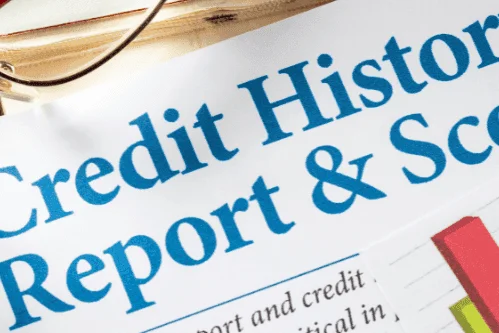Mortgage Basics
Whats is in My Report
Your credit report plays a crucial role in your financial life, but do you know what’s in it? As a consumer, you have the right to access your credit report and understand the information it contains. Federal laws ensure that credit reporting agencies (CRAs) must provide transparency about your credit history and disclose details upon request. Knowing your rights is essential for protecting your financial health and maintaining control over your credit information.

Do I Have a Right to Know What's in My Credit Report?
Absolutely. Federal law gives you the right to access your credit report, ensuring you can review the information used to assess your creditworthiness. Credit reporting agencies are legally required to provide you with a detailed copy of your report upon request. This includes:
- All account histories and payment records in your report.
- Medical information if it is part of your credit history.
- A list of everyone who has requested your report within the last year—or within two years if the request was for employment purposes.
The Fair Credit Reporting Act (FCRA) ensures that consumers have full visibility into their credit data and the ability to verify its accuracy.
How Do I Request My Credit Report?
Accessing your credit report is straightforward, and you are entitled to one free report from each of the three major credit bureaus every year through AnnualCreditReport.com.
Why Is It Important to Know What’s in Your Credit Report?
Understanding what’s in your credit report empowers you to take control of your financial future. By exercising your right to access your report, you can:
- Monitor for Errors: Mistakes can happen, and inaccuracies in your credit report can affect your ability to secure loans or credit.
- Protect Against Identity Theft: Reviewing your report can help you detect unauthorized accounts or suspicious activity early.
- Prepare for Major Financial Decisions: Whether applying for a mortgage, car loan, or credit card, knowing your credit profile can help you set realistic expectations and make informed choices.
What If I Find Something Wrong?
If you notice an issue in your credit report, you have the right to address it. Federal laws require credit reporting agencies to investigate any discrepancies you report. You can reach out to the bureaus directly or consult with a credit professional for guidance on resolving inaccuracies.
Empower Yourself with the Right to Know Your Credit Report
Having access to your credit report is not just a right—it’s an essential tool for managing your financial health. By regularly reviewing your report, you can ensure that the information is accurate, monitor your credit standing, and stay prepared for major financial milestones, such as buying a home. At Vision Home Mortgage, we believe in empowering our clients with the knowledge and resources to achieve their financial goals.



